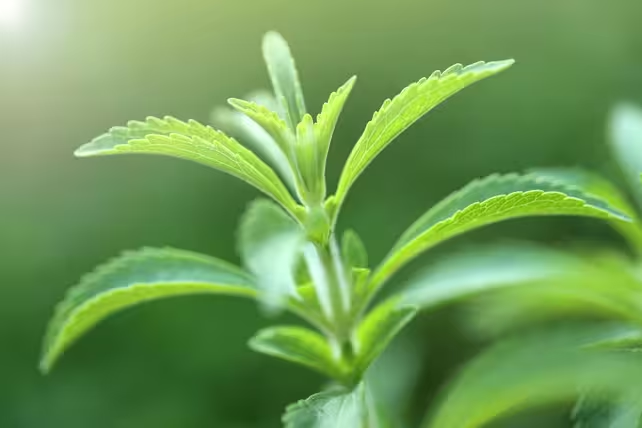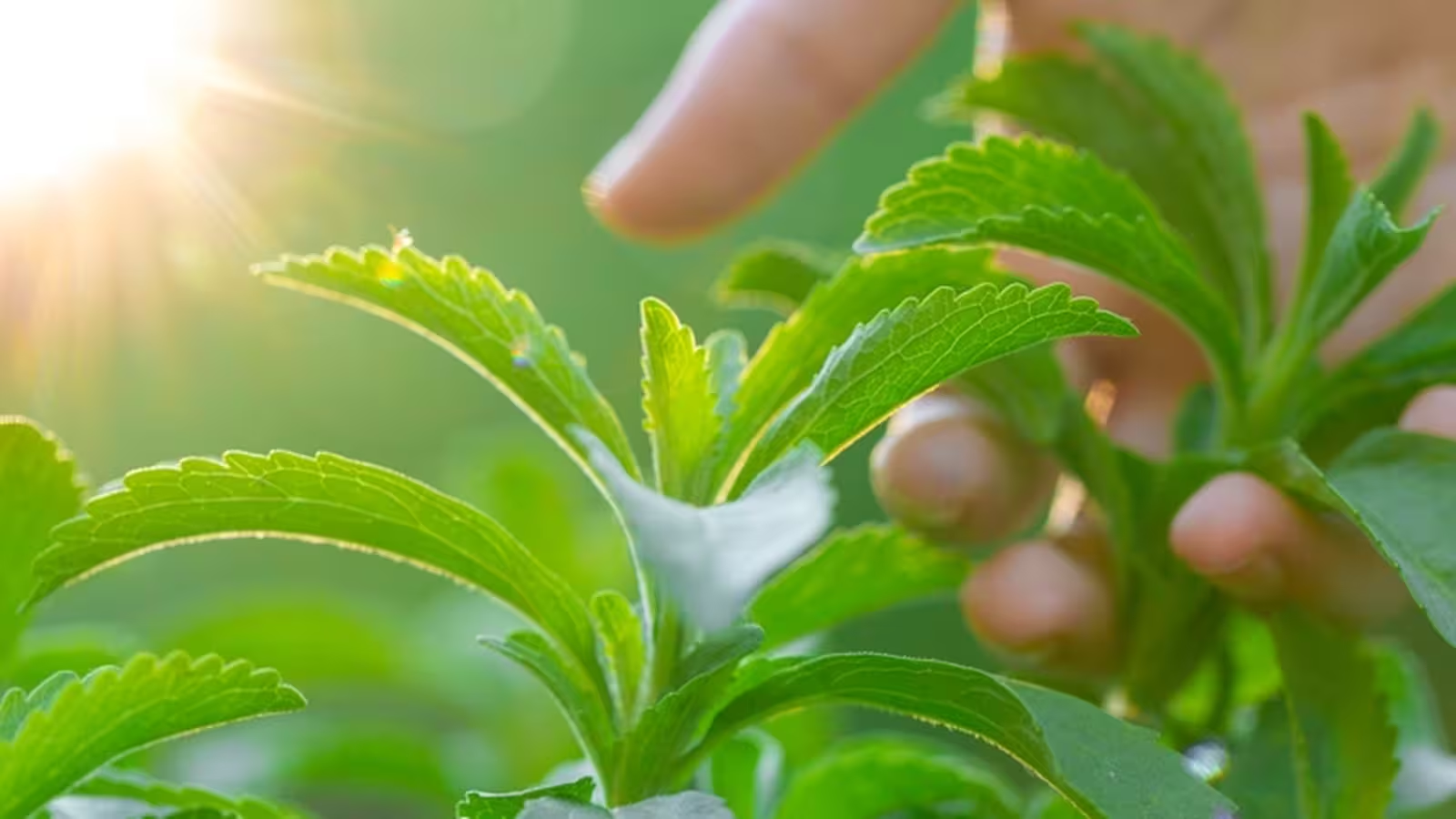4 Minutes
Introduction to Fermented Stevia and Cancer Research
Recent scientific advancements from Japan reveal that fermented stevia—a plant widely recognized for its natural, zero-calorie sweetness—may possess significant anti-cancer properties, particularly against pancreatic cancer. These preliminary findings open new avenues in developing plant-based, less toxic cancer therapies. Although more extensive research and clinical validation are necessary, the discovery highlights the untapped potential of combining traditional fermentation techniques with medicinal botany.
Challenges in Treating Pancreatic Cancer
Pancreatic cancer remains one of the deadliest and most treatment-resistant forms of cancer. Due to its subtle early symptoms, diagnosis often occurs at advanced stages when the disease has metastasized. Current treatment protocols, including surgery, chemotherapy, and radiation, deliver limited success; fewer than 10% of patients survive beyond five years post-diagnosis. The complexity of this cancer drives the search for novel therapeutic agents with higher efficacy and reduced side effects.
Botanical Origins of Cancer Treatments
Historically, plant-derived compounds have played a pivotal role in oncology. Drugs such as paclitaxel, extracted from the Pacific yew tree, and vincristine, derived from the Madagascar periwinkle, demonstrate the successful integration of botanical molecules in chemotherapy regimens. These precedents encourage the exploration of other plants with bioactive compounds capable of targeting cancer cells.
Stevia’s Bioactive Potential
Native to South America, stevia is globally appreciated as a natural sweetener alternative. Beyond its sugar-free taste, the leaves contain bioactive phytochemicals that previous studies suggest may exhibit antioxidant and anticancer abilities. However, the efficacy of unfermented stevia extracts in laboratory settings is limited, typically requiring high concentrations to impact cancer cells noticeably.
The Role of Fermentation in Enhancing Bioactivity
Fermentation, a microbial process long employed in food production (e.g., yogurt, kimchi, and sourdough), can chemically transform plant compounds, producing novel and more potent bioactive molecules. Scientists at Hiroshima University investigated whether fermenting stevia with Lactobacillus plantarum SN13T—a strain commonly found in fermented foods—could unlock its anticancer properties.

Discovery of Chlorogenic Acid Methyl Ester (CAME)
Fermentation of stevia leaves generated chlorogenic acid methyl ester (CAME), a compound demonstrating significantly stronger anticancer effects than raw stevia extracts. Laboratory experiments showed that fermented stevia selectively induced death in pancreatic cancer cells while sparing healthy kidney cells. Mechanistically, CAME interrupts the cancer cell life cycle, halting proliferation and triggering apoptosis, the programmed cell self-destruction essential for eliminating malfunctioning cells.
Genetic Impact on Cancer Cells
CAME modifies gene expression in pancreatic cancer cells, activating pro-apoptotic genes and suppressing those involved in cell survival and growth. This dual mechanism not only impedes tumor progression but also encourages malignant cells to self-destruct, a highly desirable effect in cancer therapy development.
Fermentation Enhances Antioxidant Capacity
Fermented stevia exhibits amplified antioxidant activity compared to its unfermented form. Since oxidative stress caused by an excess of free radicals contributes to cancer development and progression, the increased ability of fermented extracts to neutralize these radicals may provide protective benefits for healthy cells and improve overall cellular resilience.
Broader Significance and Future Prospects
The stevia study underscores the broader scientific interest in microbial biotransformation—using beneficial bacteria to convert natural plant substances into more effective therapeutic compounds. Similar benefits have been observed in fermented soy and ginseng, which show enhanced health-promoting properties relative to their raw states.
Crucially, the selectivity of fermented stevia in targeting cancer cells while preserving normal cells is a major breakthrough, addressing a key challenge faced by many existing cancer treatments. However, it is important to emphasize that these results come from in vitro experiments, and extensive in vivo studies and clinical trials are required to validate safety, efficacy, and practical applications.
Conclusion
The emerging evidence positions fermented stevia as a promising natural agent in the quest for more effective, targeted pancreatic cancer therapies. By leveraging microbial fermentation, researchers have potentially unlocked a powerful bioactive compound that merges traditional botanical knowledge with modern microbiology. While still in early stages, these findings highlight how everyday foods and their native microbes can serve as innovative sources for novel medicines, offering hope for developing cancer treatments that are both natural and cost-efficient in the future.
Source: theconversation



Comments